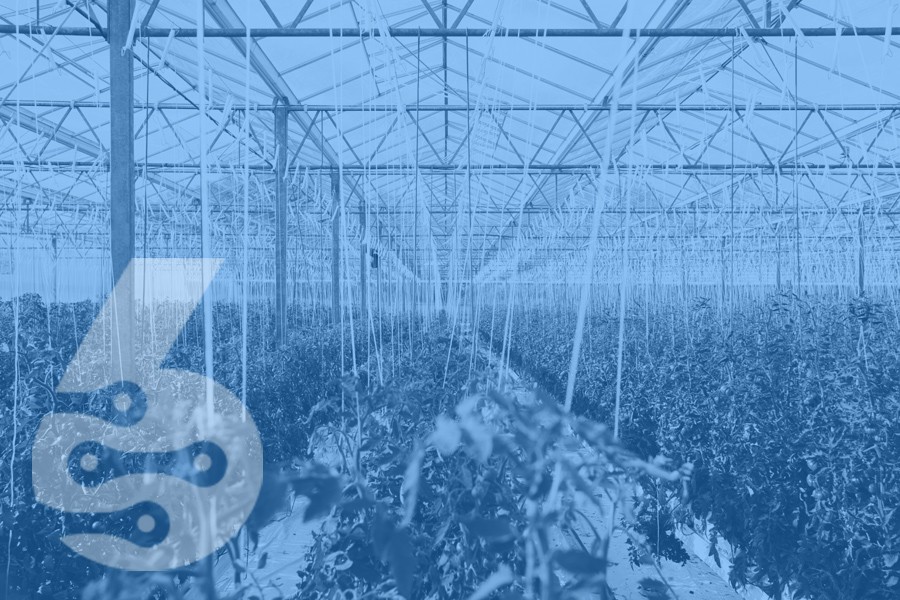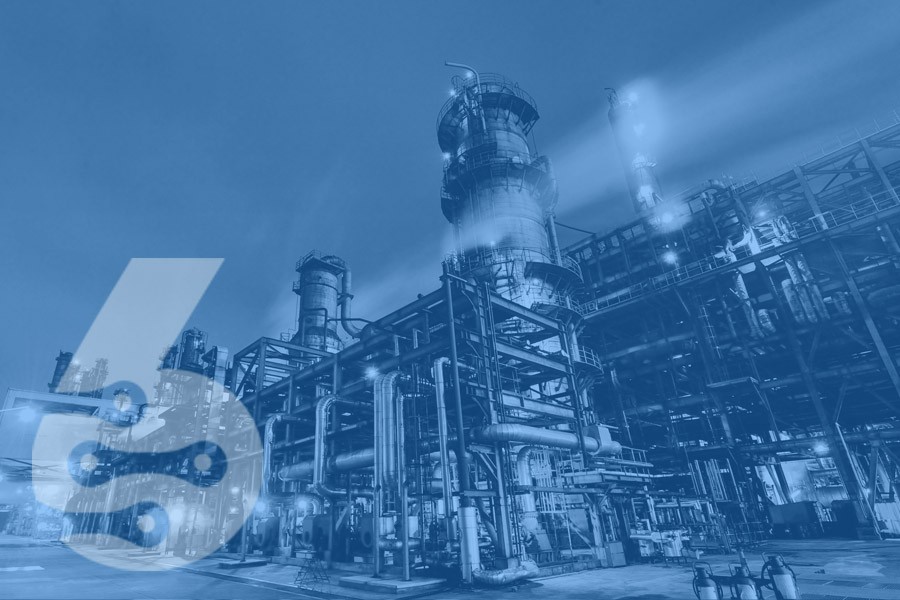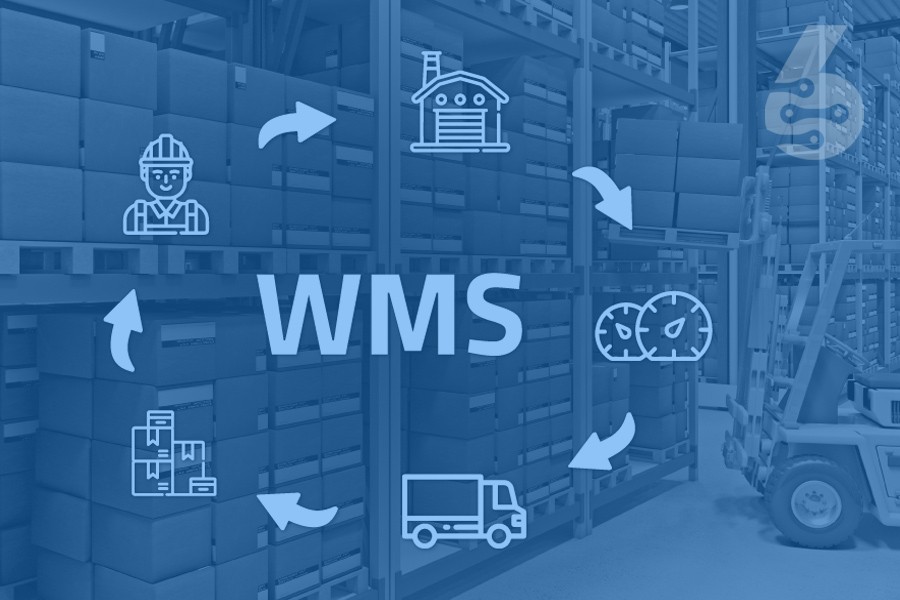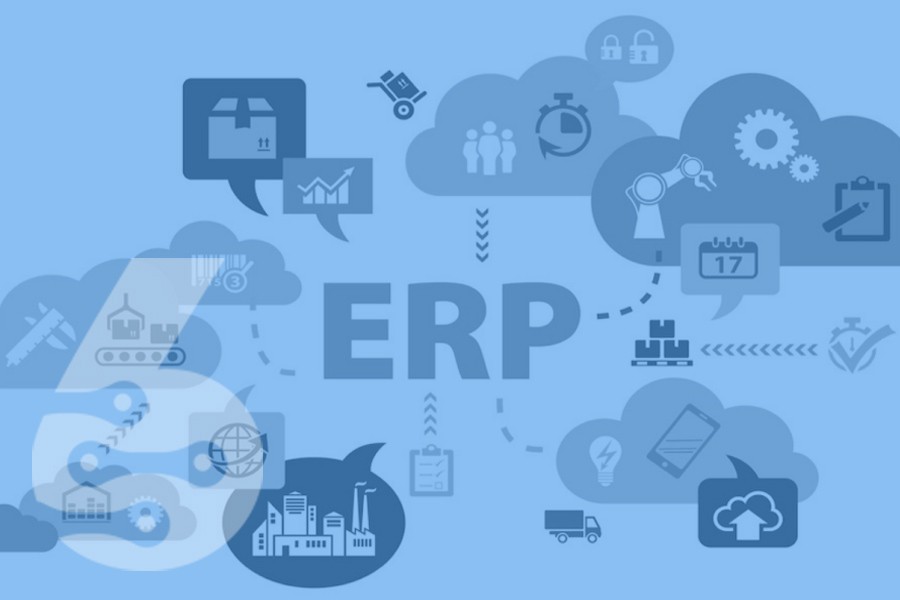- Manufacturing
- 24.11.2022
Intelligent tech in Agriculture
Innovative data-driven ERP technologies for agriculture for a sustainable future.
Dr. Andreas Maier
24.11.2022
“ Feeding 10 billion people on Earth is possible—and sustainable, scientists say. A new study finds that if major steps in global farming are taken, agricultural production would be substantially increased without compromising the planet. “
Drought, hail, constant rain - climate change has far-reaching consequences for us and agriculture. Learn how innovative agriculture technologies can help achieve higher yields, maintain biological diversity, and be innovative simultaneously.
Besides Governments, also we at SIX have committed to fighting climate change and helping agricultural producers and farmers to become CO2-neutral.
But will all combined efforts be enough to stop climate change? Will we be able to maintain biodiversity and safe cities close to coastlines?
All catastrophic events signify that nature is getting further and further out of balance. We have to prepare for a warmer future. One of the biggest hurdles in preparations for the future is how food production works. In a few years, we will need to feed 10 billion people.
Climate change has far-reaching consequences for us and agriculture. Hotter temperatures, more extreme weather conditions such as droughts, hailstorms, and constant rains, and the overall climate becoming more erratic pose enormous challenges to traditional farming methods. They can no longer rely on historical climate data to make decisions on what to grow and when. Innovative technologies in agriculture can help to achieve higher yields, maintain biological diversity, and be innovative at the same time. Ecological restoration methods such as using cover crops, crop rotation, and agroforestry can help mitigate climate change by sequestering soil carbon concentration. Precision agriculture employs technology to target crops with the right amount of water and nutrients at the right time, reducing inputs while increasing yields. These are just some examples of how climate-smart practices can help farmers adapt to a changing climate and ensure food security for all.
At SIX, we increasingly engage in helping agricultural producers to lower their emissions by applying technologies that help those businesses to operate more efficiently, protect the environment, and still be able to increase yield output.
Agricultural technology has come a long way in recent years, and there are now many intelligent technologies that can help farmers increase their yields and improve their operations while still operating sustainably
Thanks to technological advances, agriculture has come a long way in recent years. Now, many intelligent technologies can help farmers increase their yields and improve their operations while still operating sustainably. These technologies include precision agriculture, which uses sensors and other devices to collect data that can be used to optimize crop production; climate-controlled greenhouses, which allow crops to be grown in controlled environments; and vertical farming, which will enable crops to be grown in vertically stacked layers in a limited space. Using these and other technologies, farmers can produce more food with fewer resources, helping to feed the world's growing population while still protecting the environment.
Precision agriculture involves using sensors and mapping software to collect data about crops and soil conditions, which can then be used to make more accurate predictions about yields and fertilizer needs
Precision agriculture uses sensors and mapping software to collect data about crops and soil conditions. This data can then be used to make more accurate predictions about yields and fertilizer needs. Precision agriculture can help farmers save money by reducing the amount of fertilizer they need to use, and it can also help to increase yields. In addition, precision agriculture can help reduce the environmental impact of farming by reducing the amount of chemicals used. Precision agriculture is made possible by technological advances, including sensors, mapping software, and ERP software. The use of precision agriculture is expected to grow in the coming years as farmers increasingly adopt these technologies.
Autonomous tractors are becoming increasingly common on farms, as they can reduce labor costs and improve efficiency
Autonomous tractors are becoming increasingly common on farms, as they can reduce labor costs and improve efficiency. Autonomous tractors use GPS and sensors to navigate fields, and they are equipped with a range of attachments that can be used for various tasks such as planting, watering, and harvesting. Autonomous tractors can also collect data about crops, which can be used to optimize growing conditions and improve yields. In addition to their labor-saving potential, autonomous tractors can also help farmers reduce their environmental impact by using fewer inputs such as water and fuel. Autonomous tractors are thus playing an essential role in the development of data-driven agriculture, which is poised to revolutionize food production.
Drones are also being used more frequently in agriculture, as they can help farmers with crop monitoring, pest control, and yield analysis
Drones are increasingly being used in agriculture as they offer farmers insights that were previously unavailable. Drones can quickly and cheaply collect data on things like crop health, moisture levels, and pest infestations. This data can then be analyzed to help farmers make more informed decisions about irrigation, planting, and crop rotation. Drones are also being used for more targeted applications, such as mapping soil erosion and analyzing the yield of individual plants. In the future, drones will likely play an even more significant role in agriculture as they become more sophisticated and farmers become more comfortable using them.
Data-driven Agriculture through data collection and automated processing to outperform traditional farming methods
Data-driven Agriculture is becoming increasingly popular. Data-driven agriculture encourages a holistic approach to agriculture, aiming to improve productivity and efficiency and reduce environmental impact. By combining data sources such as satellite imagery, precision farming sensors, and climate data, farmers can more accurately assess crop health and manage their operations accordingly. Automated systems can be used for pest control, irrigation scheduling, and soil analysis, helping farmers make better decisions with less effort. Additionally, data from drones and other unmanned aerial vehicles can be used to understand how crops are affected by weather patterns and other environmental changes. Ultimately, data-driven agriculture has the potential to improve yields while reducing environmental impacts. As technology advances in this field, it is expected that data-driven agriculture will become increasingly popular.
Altogether, precision agriculture and autonomous technologies have the potential to revolutionize the way food is produced, leading to increased yields and improved environmental Sustainability.
The farming industry is also looking towards artificial intelligence (AI) as a tool for improving efficiency and yields. In real-time, farmers are using AI-driven solutions such as computer vision algorithms to identify crop health issues or pest infestations.
Finding a balance between Sustainability and financial gains may seem difficult
With advancements in precision agriculture and autonomous technology, farmers can now make decisions that benefit both. Through data-driven solutions such as drones, AI, and autonomous tractors, farmers can maximize yields while reducing their environmental impact. Ultimately this could be the key to a sustainable future for agriculture.
The advantages of these technologies are clear – they offer an opportunity to reduce labor costs, improve efficiency and increase Sustainability. However, it is important to remember that using these tools wisely is essential to secure our food supply into the future. By understanding how weather patterns and soil fertility affect crop growth and applying this knowledge through intelligent farming practices, we can ensure that our agricultural industry remains strong and resilient in the face of climate change.
The future of farming is bright, and with the right technology and data-driven solutions like SIX ERP, we can ensure that our food supply remains secure for generations to come.
Key Takeaways
As agricultural technology advances, more intelligent technologies are becoming available to help farmers increase their yields and improve their operations.
Some popular agricultural technologies include precision agriculture, autonomous tractors, and drones.
Precision agriculture involves using sensors and mapping software to collect data about crops and soil conditions, which can then be used to make more accurate predictions about yields and fertilizer needs.
Autonomous tractors are becoming increasingly common on farms, as they can reduce labor costs and improve efficiency.
Drones are also being used more frequently in agriculture, as they can help farmers with crop monitoring, pest control, and yield analysis.
Data Analysis and collection have become possible and vital for farmers to make better decisions, reduce environmental impact, and increase yields.
Finally, artificial intelligence is on the rise in agriculture, as AI-driven solutions can help farmers identify crop health issues or pest infestations in real-time.
Talk to our Consultants about how SIX ERP can help your agricultural business to benefit from the advantages of precision agriculture, autonomous technologies, and data-driven solutions.
Keep up with the latest developments in agricultural technology to ensure your farm stays competitive and efficient in the future.
About the author
Andreas is a result-oriented CEO who brings nearly 30 years of experience gained in the high-tech industry. His experience ranges up to leading positions in Fortune 100 companies such as rentalcars.com (PCLN) or Intrasoft International, a leading EU based R&D software vendor. He holds a Ph.D. in Neural Networks from the University of Cologne, Germany.
In the past Andreas has successfully founded and co-founded several startups among others XXL Cloud Inc., eShopLeasing Ltd, and WDS Consulting SA. His expertise is strongly focused on modern headless Commerce and the optimization of processes in IT ecosystems.
Related articles

Top 20 Industries That Need ERP Systems The Most
ERP systems are essential for many businesses, but certain industries can benefit more from their use than others. ERP systems offer several advantages to companies, including increased efficiency, improved decision-making...
Understanding Warehouse Management Solutions
A warehouse management system (WMS) is a software application that supports the day-to-day operations in a warehouse. A WMS helps to control and direct the movement of materials within a...



